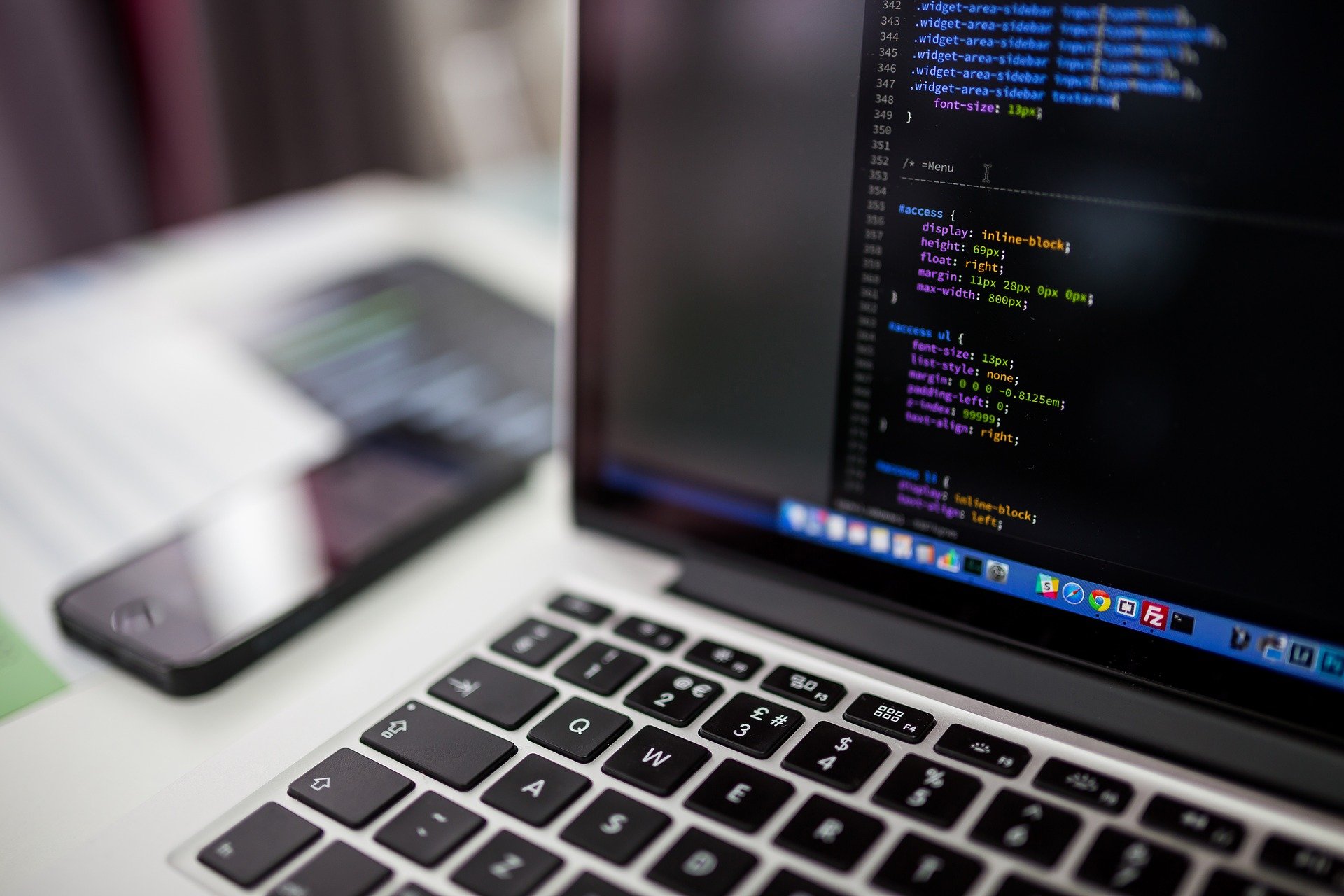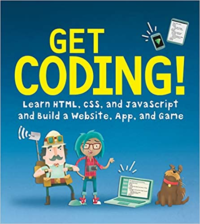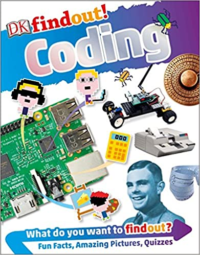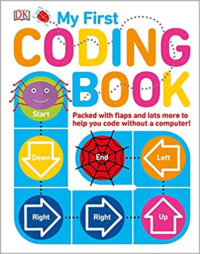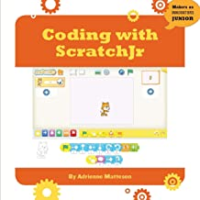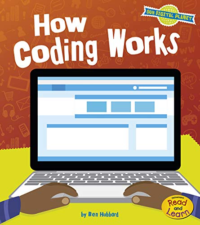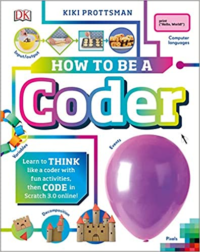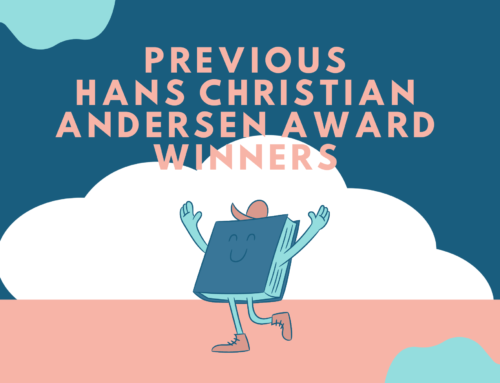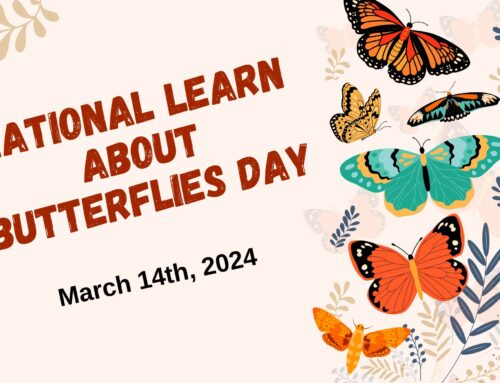Basic programming has become an essential skill for grown-ups and children alike. The benefits of learning to code are huge:
In our session on March 3rd, we will be using Code Combat to learn basic coding. To get ready, let’s learn some computer science vocabulary.
There are many fun free websites that teach coding for children, here are a few of the best:
- Code.org
- Tynker
- Scratch
- Scratch Jr
- Code Monster
- Code Maven
- Make Block
- Swift Playgrounds (Only for Mac iOS)
In our STEM Club session on March 3rd, we’ll be learning even more about coding!

